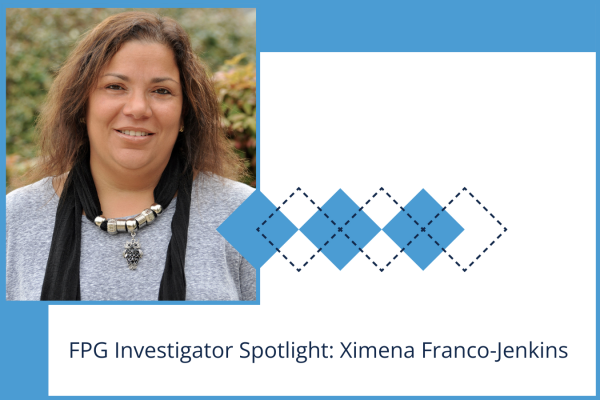
February 5, 2026
Ximena Franco-Jenkins is a Senior Research Scientist at FPG and Co-Director of FPG's National Implementation Research Network. With more than 20 years of experience in research evaluation and implementation science, her work focuses on high-quality dual language programs, enhancing socio-emotional and academic outcomes for multilingual learners, and improving early childhood education quality.
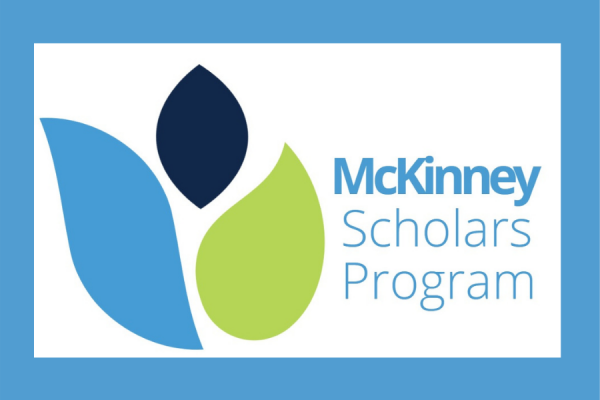
February 3, 2026
The McKinney Scholars Program, a 9-week paid summer internship, at the UNC Frank Porter Graham Child Development Institute is now accepting applications for its 2026 summer cohort—the application deadline is Friday, February 27, 2026, at 5:00 pm.
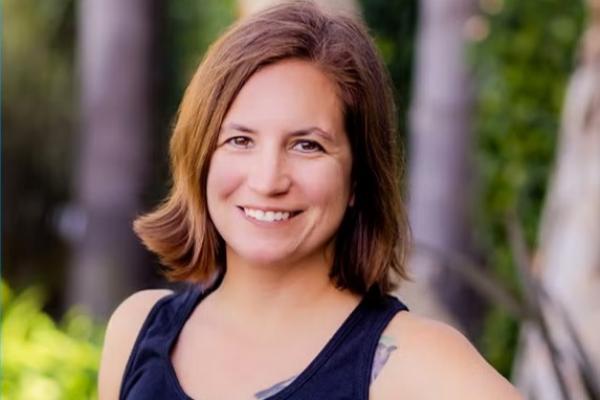
January 29, 2026
A new article from UNC highlights how Brianne Tomaszewski, a faculty fellow at the UNC Frank Porter Graham Child Development Institute and assistant professor in the UNC School of Medicine’s psychiatry department and Carolina’s TEACCH Autism Program, goes the extra mile to help new moms prioritize their well-being.
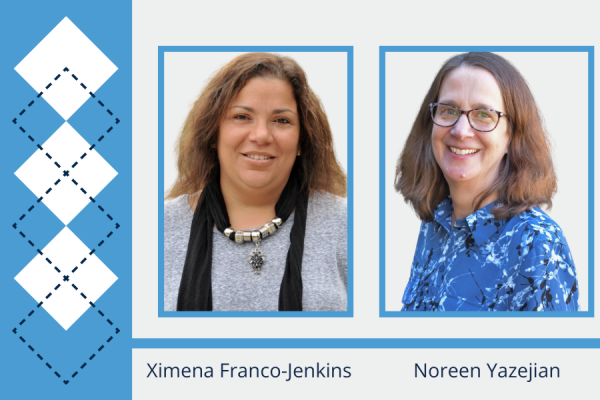
January 27, 2026
UNC Frank Porter Graham Child Development Institute is pleased to announce the recipients of the 2026 Thelma Harms Early Childhood Education Award—Ximena Franco-Jenkins, a senior research scientist at FPG, and Noreen Yazejian, FPG’s associate director for research, who is also a senior research scientist.

January 21, 2026
Thanks to an innovative collaboration between two units at FPG, stronger and more expanded behavioral health resources will be available for youth and families across the state of Virginia. FPG’s National Implementation Research Network and Impact Center have partnered to merge their practice models, tools, and resources for the Virginia Evidence-Based Practices Transformation Zone project.
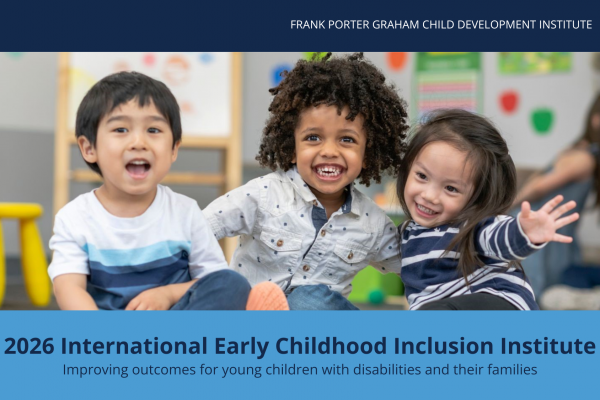
January 14, 2026
Registration is now open for the UNC Frank Porter Graham Child Development Institute's 26th annual International Early Childhood Inclusion Institute, which takes place May 19-21, 2026 (in-person and hybrid) and June 24-25 (virtual only). The event is designed for anyone caring for or teaching young children (from birth to age eight) with disabilities in inclusive environments.